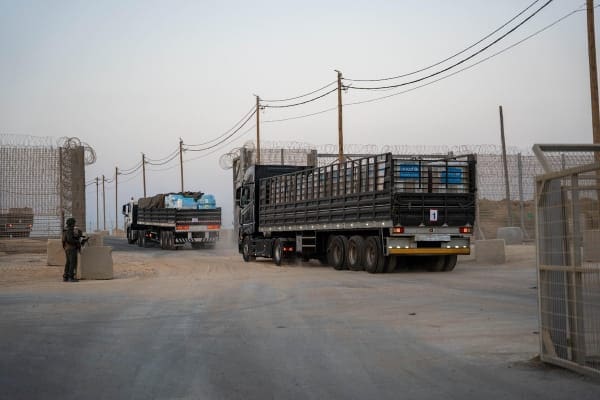The IDF’s Coordinator of Government Activities in the Territories (COGAT), responsible for aid distribution in Gaza, announced on Tuesday that 237 trucks with humanitarian aid have entered northern Gaza over the past nine days. The inflow of humanitarian assistance comes after Israel had reportedly imposed a two-week blockage on northern Gaza to isolate and eliminate the remaining Hamas operatives in the area.
Israel’s announcement followed the Biden administration’s recent threat to cut military aid .
Support authors and subscribe to content
This is premium stuff. Subscribe to read the entire article.
Login if you have purchased
